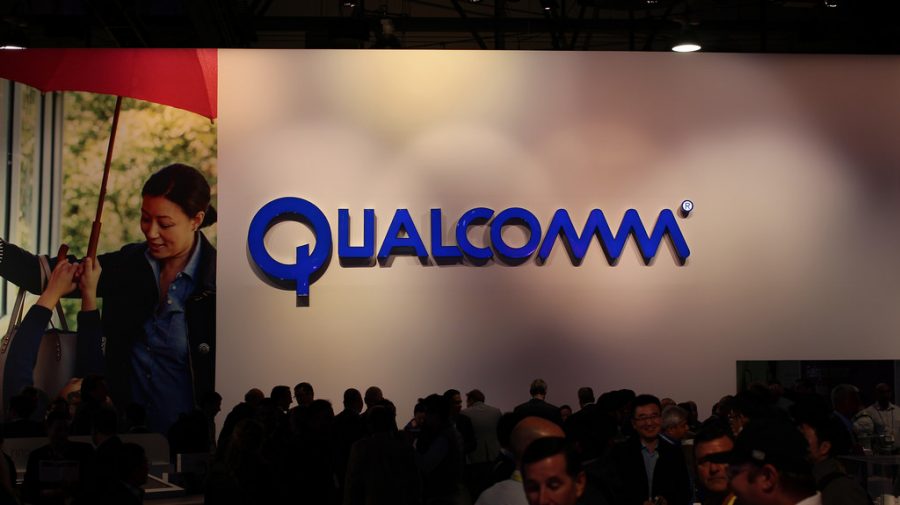On Monday, Broadcom Ltd. introduced a proposal to acquire Qualcomm Inc. for a total of $130 billion. The deal would be the largest ever in the tech industry and it would turn Broadcom into the third largest chipmaker after Intel and Samsung.
The unsolicited bid comes after Broadcom announced that it would be moving its headquarters from Singapore to the United States. The company would pay approximately $103 billion for the entirety of Qualcomm’s business while assuming their $25 million in debt as part of the deal.
A merger between the two powerhouses would further consolidate both of their positions in the market as powerful suppliers of smartphone components and semiconductors for other electronic devices. Tech giants like Apple, Samsung, and Google all rely on one or the other for some essential parts of their gadgets.
Qualcomm is set to reject Broadcom’s offer
After receiving notifications of Broadcom’s proposal, sources close to Qualcomm told the press that the company planned to preliminarily fend off their offer based on the low value they had expressed on their terms.
Qualcomm is in talks with NXP Semiconductors to acquire their business, and Broadcom’s offer stands at the same value regardless of the outcome of that negotiation. They are offering $70 per share to all Qualcomm stockholders, divided in $60 in cash and $10 in Broadcom shares.
As of this writing, Qualcomm shares are trading at more than $60 per unit, which places the prospective new owner’s deal slightly below the mark the company and analysts were expecting.
In spite of Broadcom’s persuasive idea of “creating a leading diversified communications semiconductor company” with a portfolio that spans everything from smartphones to self-driving cars, there are also regulatory threats looming on the horizon, as well as the risk of losing on a business that could perfectly continue to grow.
A merger could solve Qualcomm and Apple’s legal battle
On the other end of the spectrum of the potential deal between the two companies, analysts say that it is likely that Broadcom ends up influencing internal policies at Qualcomm, particularly in regards to issues that could threaten its financial stability going forward.
Of course, the main conflict on Qualcomm’s plate is its legal brawl with Apple, which has been going back and forth for several years now. Broadcom would likely use their newly gained leverage to gain a seat on the directive board when election time comes next month and settle the suits with Apple quietly to secure their business.
Broadcom and Qualcomm both supply components and chips to Apple for their mobile devices, but Intel has recently entered the mix and rumor has it that Cupertino plans on dropping Qualcomm altogether in favor of the new Intel chips for the next generation of iPhones.
Source: Broadcom



